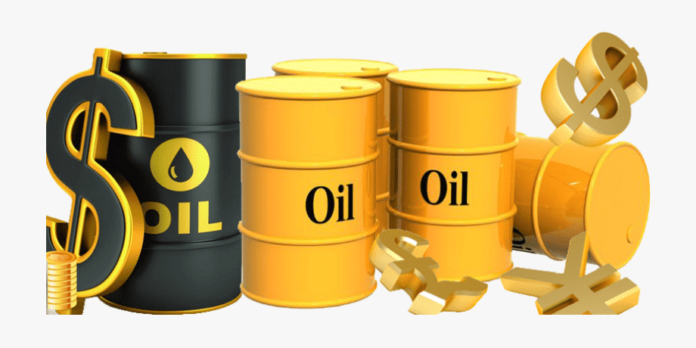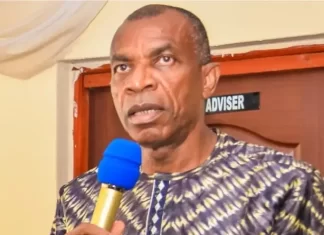Failure to meet OPEC quota caused oil theft, corruption, bad management
By Jeph Ajobaju, Chief Copy Editor
Failure to meet its 1.8 million daily production quota allotted by the Organisation of Petroleum Exporting Countries (OPEC) costs the treasury $2.5 billion every months, says the Nigeria Employers’ Consultative Association (NECA).
NECA Director General said Adewale-Smatt Oyerinde noted crude production grew 4.2 per cent to 1.23 million barrels per day (mbpd) in December 2022, but it was a 0.57 million mbpd shortfall, amounting to a loss of about $2.5 billion.
In his view, oil theft continues and couples with fuel subsidy to reduce government revenue, leading to absurd debt accumulation.
He argued misalignment between fiscal and monetary policies, which deflate investors’ confidence, make Nigeria unattractive for Foreign Direct Investment (FDI).
“Crude oil production grew in the month of December 2022 by 4.2 per cent month-on-month to 1.23m barrel per day, but remained significantly short of the 1.8m barrel per day allocated by OPEC to the nation, amounting to about $2.5bn loss monthly at an average of $100pb,” Oyerinde said in a statement.
He urged the government, especially the incoming administration, to implement policies that will drive the economy back to a growth trajectory.
“Deliberate efforts must be made to reverse some of the current policies and implement new ones. All leakages associated with government revenue must be blocked (oil theft, skewed concessions, fuel subsidy, etc.).”
____________________________________________________________
Related articles:
Nigerian elite steal $46.16b crude oil in 7 years
Federal treasury loses $250m per month to oil theft
Oil states mount up N4tr debt despite extra federal allocation
__________________________________________________________________
Tax administration review
“A wholesome review of the tax administration to make it more equitable and investor-friendly should be initiated,” Oyerinde added, per The PUNCH.
“With over 50 different taxes, levies and fees and Company Income Tax hovering around 35 per cent, raising taxes in order to increase revenue will be counterproductive.
“As the nation nears the mark of N77trn in debt with negligible impact on infrastructural development, the incoming government must develop strategies to diversify the revenue base through the revival of the country’s lagging non-oil sectors.
“While there have been projections for a global recession in 2023, the time for a major paradigm shift in our economic philosophy is now.
“Over the last decade, the country has spent over N10tn on fuel subsidy, about N15.5tn on Capital Expenditure, N2.5tn on Health and about N3.9tn on Education.
“This is a misplacement of priority and shows that critical developmental items such as education, health and infrastructure have suffered due to crass misplacement of our economic priorities.”













